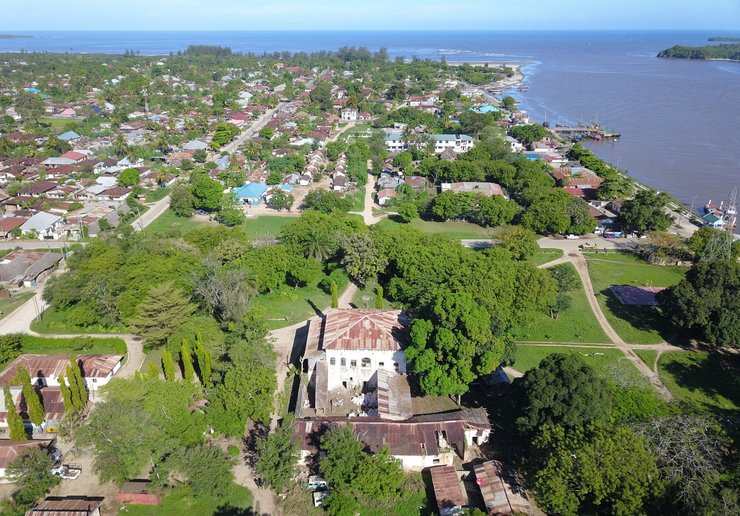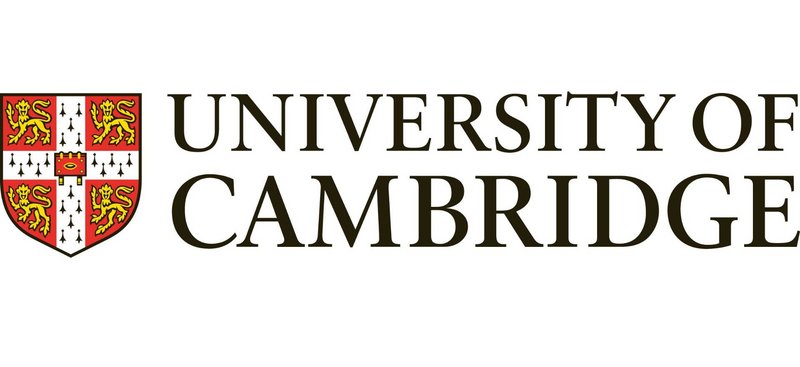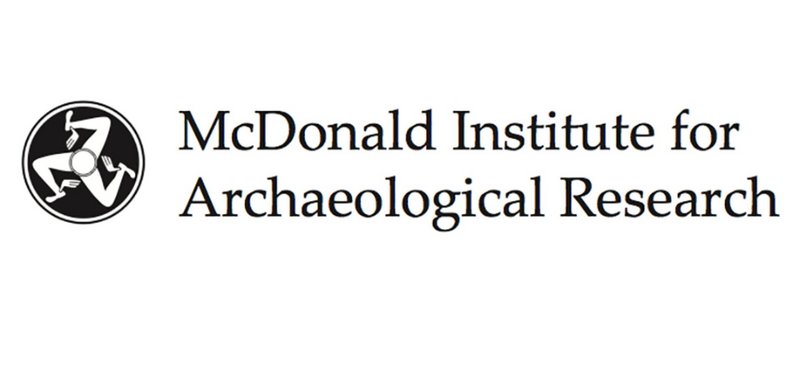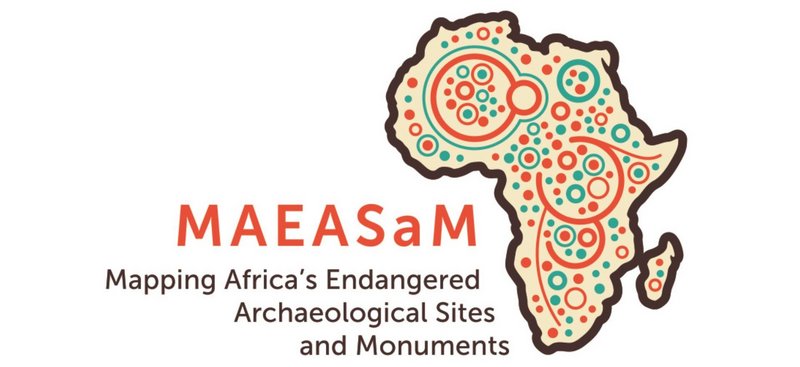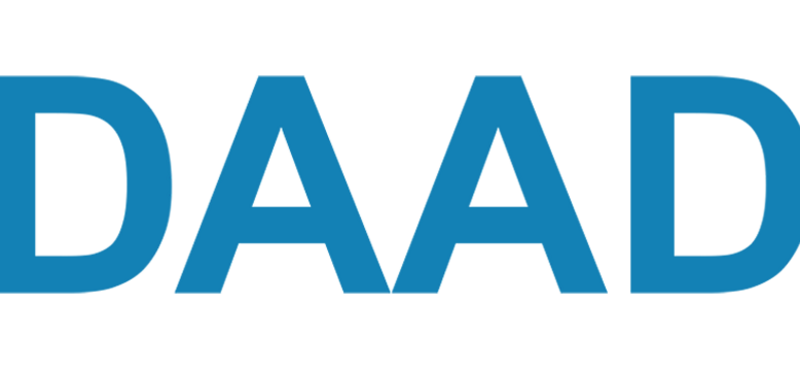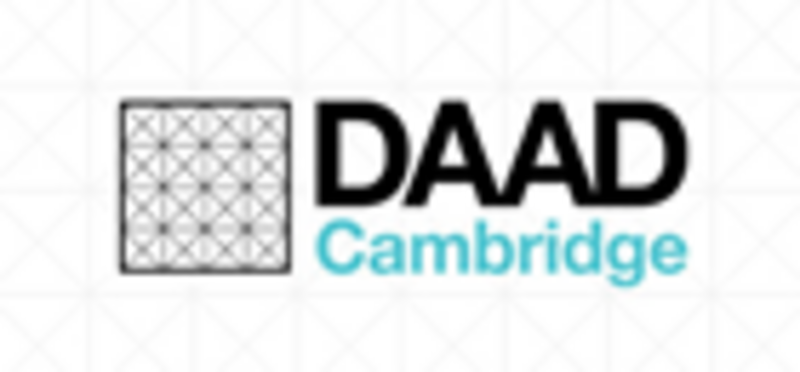Making and Recording Histories, Memories and Heritage of German and British Colonialism in Tanzania
In 2021 and 2022, the DAAD-University of Cambridge Research Hub for German Studies supported an online workshop and a subsequent conference session at the 16th Congress of the Panafrican Archaeological Association for Prehistory and Related Studies (PAA) at the State University of Zanzibar, dedicated to discussing German and British colonial heritage across Africa. These were followed in 2023 by joint fieldwork in Pangani, Tanzania, in the framework of the ‘Pangani Shared Colonial Heritage Project’, funded by the German Federal Foreign Office from its Culture Preservation Programme (Kulturerhalt-Programm, KEP).
On 20-21 May 2025, and supported again by the DAAD-University of Cambridge Research Hub for German Studies, a follow-up workshop at the McDonald Institute for Archaeological Research, University of Cambridge, brings together scholars from Tanzania, Germany and the United Kingdom in discussing ‘Making and Recording Histories, Memories and Heritage of German and British Colonialism in Tanzania’.
The aims of this two-day workshop are twofold. The first aim is to compare and contrast the work, opportunities and challenges of working with colonial heritage and the heritage legacies of colonialism across Africa, with a particular focus on examples from eastern Africa. This initial session is open to any interested participants, including graduate students at Cambridge. It will be run as a hybrid meeting, although all speakers will present in person. Invited participants include a range of scholars from different disciplines engaged in this work from Tanzania, the UK and Germany.
The second objective is to review the work that has already been undertaken in Pangani to document the town’s diverse built heritage, previous efforts at conserving and renovating buildings, investigating the archaeology and architectural histories of the town, and various programmes of community engagement. As the local government and national authorities are now considering the creation of a conservation area in the town, this part of the workshop will review these plans and identify how best these might be implemented in consultation with Tanzanian stakeholders, building on over a decade of experience of working in Pangani and knowledge of the failures as well as the success of previous work. This is a closed session by invitation only, including online participation of some discussants.
To register, please use this link: https://cam-ac-uk.zoom.us/webinar/register/WN_UjgFjMMmQtiCrmbH12M_tg#/registration
Organisers:
Prof. Dr. Paul Lane (University of Cambridge), pjl29@cam.ac.uk
Dr. Cornelia Kleinitz (German Archaeological Institute, KAAK), cornelia.kleinitz@dainst.de
Funding:
The workshop is supported by the DAAD-University of Cambridge Research Hub for German Studies with funds from the German Federal Foreign Office (FFO)
Programme:
Day 1 (Tuesday, 20 May) Working with ‘shared’ colonial heritage in (Eastern) Africa
09:30-10:00 Arrival of participants
Theme 1: Colonial built heritage in Africa
10:00-10:30 Introduction
Paul Lane & Cornelia Kleinitz, University of Cambridge & German Archaeological Institute (DAI-KAAK, Bonn)
10:30-11:00 Some challenges of working with colonial heritage in Africa
Karen Moon, Independent heritage consultant
11:00-11:30 Engaging with the archaeology and ‘shared heritage’ of German colonialism in Africa at the German Archaeological Institute: Case studies from Ghana and Tanzania
Cornelia Kleinitz & Jörg Linstädter, German Archaeological Institute (DAI-KAAK, Bonn)
11:30-12:00 Coffee Break
12:00-12:30 Lost heritages and future hopes: Conserving and protecting colonial buildings in Sudan
Michael Mallinson, Mallinson Architects & Engineers Ltd, London
12:30-13:00 Discussion
Chris Evans, University of Cambridge
13:00-14:00 Lunch Break
Theme 2: Colonial heritage: Case studies from Tanzania
14:00-14:30 Adaptive reuse of colonial buildings in Tanzania: Challenges and opportunities
Thomas Biginagwa, University of Dar es-Salaam
14:30-15:00 Exploring the history and legacies of Zanzibar’s Peace Memorial Museum
Sarah Longair, University of Lincoln
15:00-15:30 Coffee Break
15:30-16:00 Dealing with material presences and absences of German colonial heritage in Tanzania: Lessons from Iringa Boma and fahari yetu
Jan Kuever, University of Iringa
16:00-16:30 Kilwa’s colonial heritage: challenges and strategies for managing built heritage
Stephanie Wynne-Jones, University of York, and Mercy Mbogelah, Ministry of Natural Resources and Tourism
16:30-17:00 Discussion
Paul Lane, University of Cambridge
19:00-21:00 Dinner for speakers
Day 2 (Wednesday, 21 May) Colonial-period ‘shared’ heritage in Tanzania: Approaches to the preservation of Pangani’s historic town
09:00-09:15 Introduction
Paul Lane & Cornelia Kleinitz, University of Cambridge & German Archaeological Institute (DAI-KAAK, Bonn)
09:15-09:45 Conservation projects in Pangani 2008-2014
Karen Moon, Independent heritage consultant
09:45-10:15 The CONCH project and its offshoots in Pangani, 2018-20
Paul Lane & Stephanie Wynne-Jones, University of Cambridge & University of York
10:15-10:45 Coffee Break
10:45-11:15 The Pangani Shared Colonial Heritage Project, 2023
Cornelia Kleinitz, German Archaeological Institute (DAI-KAAK, Bonn)
11:15-11:45 Optimistic steps in heritage preservation: The roles played by Pangani civil society in heritage conservation
Severine Kizito, NGO Lenga Mbali
11:45-12:15 Preserving Memories among the Young
Patricia Hart, ArchaeoLink
12:15-13:00 Discussion
Paul Lane, University of Cambridge
13:00-14:00 Lunch Break
14:00-15:30 Round Table Discussion on the preservation of built ‘shared’ heritage in Eastern Africa
